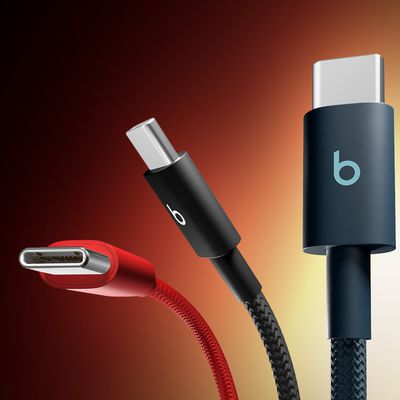Apple will soon require iPhone, iPad, and Apple TV app developers to request permission from users to collect their random advertising identifier (known as the "Identifier for Advertisers" or "IDFA"), which advertisers use to deliver personalized ads and track how effective their ad campaigns were. Specifically, users will be presented with a prompt to allow or deny tracking as necessary when opening apps on iOS 14, iPadOS 14, and tvOS 14, as part of Apple's App Tracking Transparency ("ATT") policy.
![]()
In response to this upcoming change, Google today announced that it will stop collecting IDFAs for the "handful" of its iOS apps that currently use it for advertising purposes once Apple's new policy goes into effect. As a result, Google said it will not need to show Apple's tracking permission prompt in its iOS apps.
In a blog post, Google said that app developers may see a "significant impact" to their Google ad revenue on iOS after Apple's new policy takes effect:
Apple's ATT changes will reduce visibility into key metrics that show how ads drive conversions (like app installs and sales) and will affect how advertisers value and bid on ad impressions. As such, app publishers may see a significant impact to their Google ad revenue on iOS after Apple’s ATT policies take effect. To help improve iOS monetization rates, we encourage developers to upgrade to version 7.64 of the Google Mobile Ads SDK for new features like SKAdNetwork support.
Google has a support document with more information on how developers can prepare.
Apple has also required developers to fill out a privacy label when submitting new apps and app updates to the App Store since December 8. Google added that it is "working hard to understand and comply with Apple's guidelines" for all of its apps in the App Store, and ensured that its iOS apps will be updated with privacy label information as necessary when new features or bug fixes are introduced. Many of Google's most prominent iOS apps have yet to display this privacy information, including the main Google app, YouTube, Gmail, Chrome, and others.
Facebook has criticized Apple's new policy, claiming that it will hurt small businesses who benefit from personalized advertising. In response, Apple said users deserve transparency and control. "We believe that this is a simple matter of standing up for our users," said Apple, adding that "users should know when their data is being collected and shared across other apps and websites — and they should have the choice to allow that or not."























